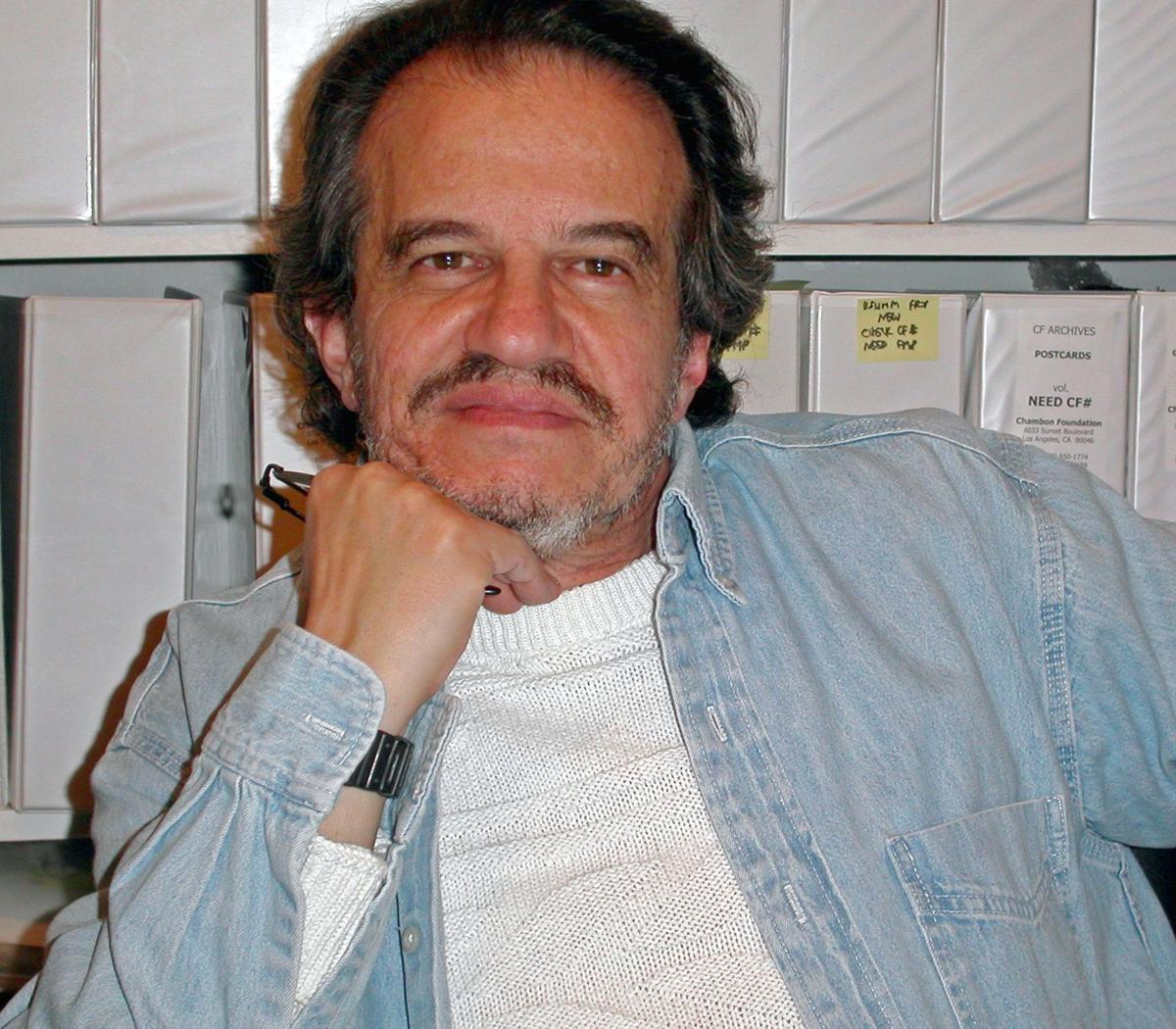
Hesperion XXI at Berkeley concert during
previous U.S. tour (credit: funfolks.com)
Yesterday night, I had the great privilege of hearing Jordi and Ariana Savall and Pedro Estevan, performing as Hesperion XXI (they are only a part of the regular ensemble but were still billed as “Hesperion XXI”) at Seattle’s Town Hall sponsored by the Early Music Guild. The concert was called La Lira D’Esperia 1100-1300 and featured Savall performing brilliantly on many bowed medieval instruments including the rebec, five-string soprano fiddle and five-string tenor fiddle.
Since 1981, when I first heard their Secular Music of Christian and Jewish Spain recording, I’ve considered them one of the world’s finest early music ensembles. The combination of Savall’s brilliant musicianship and Monserat Figeuras’ soaring voice is unsurpassed.
Another extraordinary feature of Hesperion XXI’s repertoire is its focus on Sephardic music. Very few other early music groups have featured as many recordings devoted to Sephardic music within their discography. And few other groups have featured their Sephardic repertory as regularly in their concerts. On their last U.S. tour two years ago, their concerts featured the songs from their then new Diaspora Sefardi, a powerful and persuasive recording.

Jordi Savall performs
on period bowed instrument
(credit: Early Music Guild)
Last night, Savall spoke of the wide ranging cultural span of the songs he would perform that evening from Sarajevo (Sephardic) to Algeria (Berber) to Alexandria (Sephardic) to Afghanistan to Galicia. He said that what all of them have in common is the language of music; and that while tremendous suffering was occuring today in many of these societies that perhaps the power, passion and serenity of the music could go some way toward soothing the pain. His concert program notes eloquently outlined his musical goals for the concert:
What we propse here is an attempt–inspired by the styles of each of these cultures–to recreate a certain art of sounding the bow during that medieval period. Above all, this program is a tribute to all the jongleurs and poet-musicians who sincerely believed that, through music, the soul could be stirred to boldness and valor, magnanimity and liberality–qualities that give dignity to the human condition.
I have written a longer piece about Muslim-Jewish cultural interaction in the medieval period, Medieval Spain: Arabs and Jews in Cultural Embrace, which also refers to Hesperion XXI.








As for some reason I am unable to post a comment at your previous posting, I will do it here.
The idyllic view of relations between Jews and Muslims generally fails to take into account that in medieval Muslim societies the Jews had a social and legal position that was far from being equal to that of Muslims. There never was a situation in which Jews and Muslims lived peacefully side by side on a basis of absolute equality. Also, at different places and in different periods of the history of Islam we obviously see a large variety of attitudes towards Jews and other non-Muslims ( and Muslims ) on the part of Muslim rulers. Some of these rulers were very tolerant, but it always was a tolerance that was a result of almost absolute superiority. Still, all this does not mean that we cannot learn from that period, or from each other. Some sort of ( separate? ) coexistence is still possible and should be our goal.